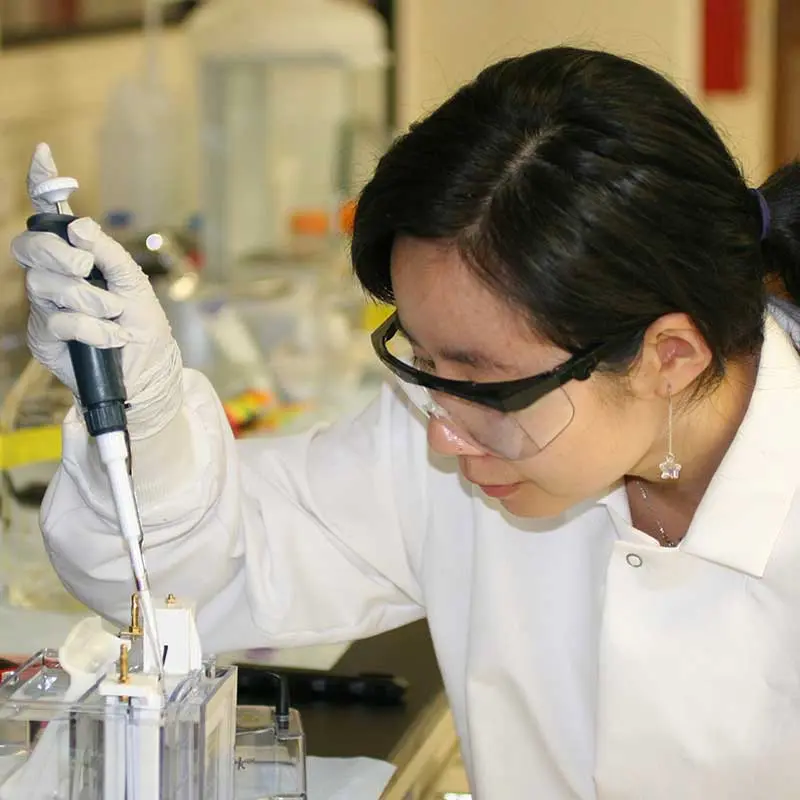PhD in Applied Biology Overview
As a doctoral student in the Applied Biology Ph.D program at UMass Lowell, you will receive rigorous training in research, dedicated mentorship and the skills needed to succeed in a variety of careers.
Our faculty research spans the full breadth of biology, providing you with an interdisciplinary approach and a variety of innovative methods. In addition to a dissertation advisor, you will assemble a thesis committee of three additional faculty to develop a broad mentoring network.
Our location in the heart of Massachusetts’ biotechnology center provides excellent career opportunities, and Ph.D graduates from our department have secured jobs in a range of fields.
Please note: Admission to the Applied Biology Ph.D. program is contingent on securing a faculty sponsor and obtaining a letter of sponsorship from that faculty member.

